Every prepper must plan for a survival retreat or a bug out location since this is the most logical and safest way to go in case you are forced to evacuate.
Regardless of how you feel about interacting with other fellow humans, you must keep in mind that your main choices for bug-out locations are a small town or an isolated retreat.
Choosing a bug out location in a small town will make you dependent on some form of local infrastructure while picking an isolated retreat will require for you to be completely self-sufficient and self-contained.
Most preppers I know are trying to become self-sufficient, and, in general, there is an extensive debate when it comes to selecting a bug out location. You can imagine that most of them prefer the isolated retreat, but the reality is that not every prepper out there is suited to tackle the chores required to aim that self-sufficiency level we all dream of.
Before you pick out the ideal bug-out locations, there are things you should consider, such as:
- Advanced age
- Chronic health conditions
- Physical handicaps
- Lack of trustworthy friends or even family members
All of the above makes total self-sufficiency impossible and they are the main reason that most preppers will pick an inconspicuous in-town retreat rather than an off-grid bunker.
If you decide to buy a home in a small town and make it your permanent location in case SHTF, here are some suggestions from people who already made this move.
Pick the town by numbers
Most people will look for towns with a small population, somewhere between 1,000 and 4,000 people. Towns with a population of more than 1,000 people may present some additional sanitation problems, while towns with a population of over 4,000 souls lack a cohesive sense of community.
I would recommend picking a town that has between 200 and 1,000 people since, from my point of view, this is the most accurate number of people you an deal with and bring together in case the brown stuff hits the fan.
If you decide to pick a town with less than 200 people, chances are your neighbors may lack a sufficient mix of skills, or the manpower to organize the town and assure a proper defense and self-sustainability.
On the other hand, when there are more than 1,000 people competing for resources or arguing over which course of action is best, it may turn the whole place into a powder keg. Sooner or later, it will be every man for himself and no one would be able to keep them together if the situation becomes desperate.
One noticeable thing that is worth mentioning is that some of them have picked a town where they have a generation of family living, or there are good friends (childhood friends) close by.
Pros and cons of small-town and isolated retreats
Small town retreat
Here are the main advantages as depicted by my friends already living in small-town:
- You have ready access to barter and commerce economy.
- Becoming a member and integrating into the community is easier and you can form alliances if need be.
- You will benefit from local agricultural payrolls, and you will take advantage of the collective knowledge.
- Ready access to medical facilities and local skills.
- You will benefit from local security arrangements (some have organized a small militia) when it hits the fan.
- Having someone you know, living in the same town (friends, family, etc.) will provide you access to a reliable workforce for your private projects.
- Access to social gatherings is an added bonus. Humans are social creatures, and having access to social interaction makes it a good place to raise your kids and, maybe, make it a permanent living solution.
As it comes to disadvantages, here are the things my friends noticed:
- Privacy is limited even when you are dealing with a small number of people. Transporting bulky logistics will attract attention, and if you want to minimize the exposure, you have to do it at rather odd hours.
- In certain cases, fuel storage may be limited in certain towns, and you need to consult the local ordinances on storage before you but the new property. Sure, you can make a gas cache, but as said before, transporting a fuel tank that you plan on burying on the property, will not go unnoticed.
- In some cases, you won’t be able to test-fire your guns on your own property.
- In most cases, hunting will be limited to your land. The exceptions are only small game and pests.
- You will have to check with your local ordinances if you want to keep livestock.
- There is an increased risk of communicable diseases.
- Burglary may still be a problem if the proverbial brown stuff hits the fan.
- In a grid-down scenario, you may have to deal with poor sanitation and the troubles it brings. This can be avoided if the town has a gravity-fed water system.
This is pretty much the first-hand info I gathered from people living in small towns. It should give you a good start to decide if you should pick a small town as your bug out location.
Isolated retreat
I know some people that live off the grid, and few of them struggle with this lifestyle. However, I must mention that most of them had a head start when making the transition. They had some pretty good savings when starting this journey. Even so, here are the advantages or disadvantages they reported after living off the grid for more than 5 years.
The perks of having an isolated retreat:
- All of them have room to spare. They have more room for gardening, pasturing, and growing their own crops if they choose to do so.
- Keeping livestock is not a problem, and they won’t have to check with their neighbors.
- You can buy one for a lower house and land prices. Most often time you can find good deals as most owners sell the house and land since they live in the city. Properties inherited are often sold below the market price.
- You can stock up in quantity without having to worry about nosy neighbors.
- You can test fire and zero your guns without problems.
- One big advantage is that you can build non-traditional architecture, and you don’t have to worry about building permits or regulations.
- You can hunt on your land without worries.
- Cutting your own firewood is a nice perk to have
- There’s a much lower risk of contracting a contagious disease
- You can collect rainwater, and you can improvise all sorts of rain-catching systems.
- The fuel storage options are pretty much unlimited, and they are affected only by your budget. You can install an underground cistern and fill it with fuel if you so desire.
Disadvantages of picking an isolated retreat:
- A small family cannot properly maintain and defend the location. It’s pretty much a 24/7 job, and in the first 3 years, there’s little to no time for relaxation.
- If you have to deal with wildfire or if there’s a medical emergency, you can’t depend on your neighbors.
- Law enforcement support is pretty much out of the question, and you have to fend for yourself until help arrives.
- A longer commute is necessary for shopping, going to church, and other activities of sorts. Every trip must be carefully planned to save fuel.
- If you plan to make this a permanent living location, there will be little social interaction. Think about this if you have small kids.
- Mother Nature becomes your main enemy, and there’s no one to help you when you get snowed in, when the crops fail or when dealing with wild animals.
- Some isolated retreats may require a big start-up cost since you are aiming for self-sufficiency. Solar panels, hydropower, and all sorts of equipment will be necessary.
- Making an income is rather difficult, and you will rely mostly on your savings.
Conclusion
When you look at the above pros and cons for each but out solution, you may realize that things are not as easy as depicted in magazines or TV shows. Every way of living has its own learning curve and there’s no guarantee that you will be able to have a full life in either of the two choices.
If you have teenagers in your family, moving them to an isolated retreat will become a frustrating experience for both parties. However, in a small town, they may find suited companions to make the transition easier.
If you have old people you need to take care of, moving them to a small town may be hard, but you could rely on help from your neighbors while you’re at work. They have much better chances of adapting to a new lifestyle if they see a familiar face around. Also, medical aid will be available, and in reach, so you should be covered in this regard.
Whether you pick a small town or an isolated retreat, think about the other first and put your requirements on the second front. You will have a hard life as it is, no matter what you pick, and the last thing you want to deal with is spending all of your time trying to make everyone happy.


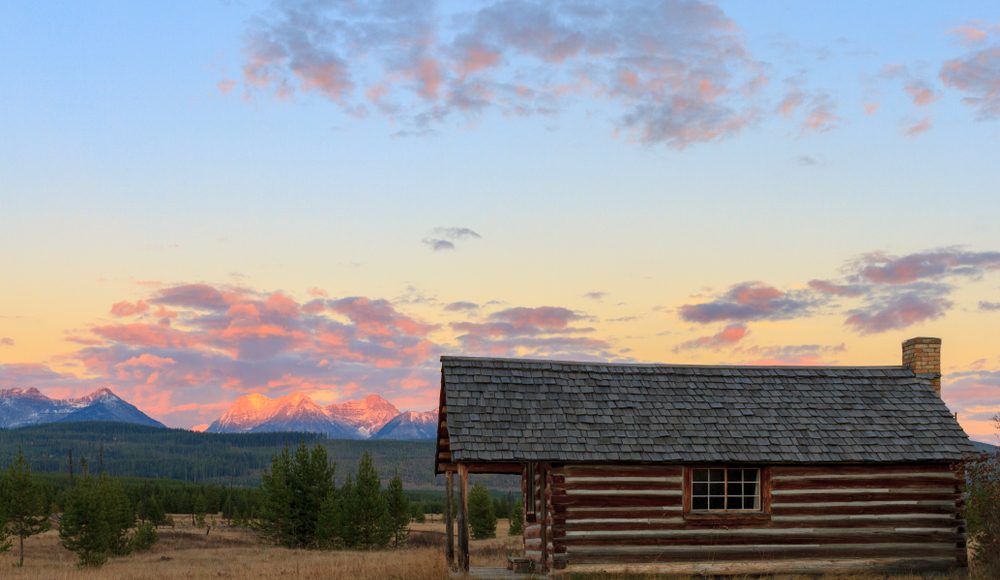

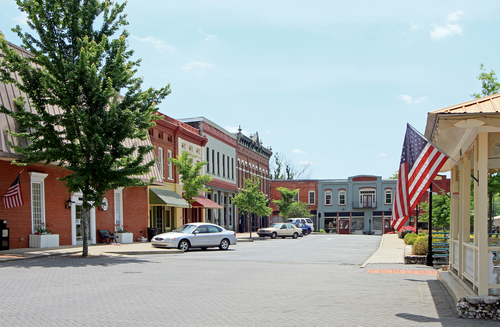
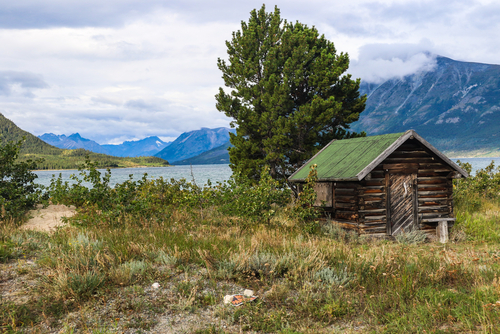

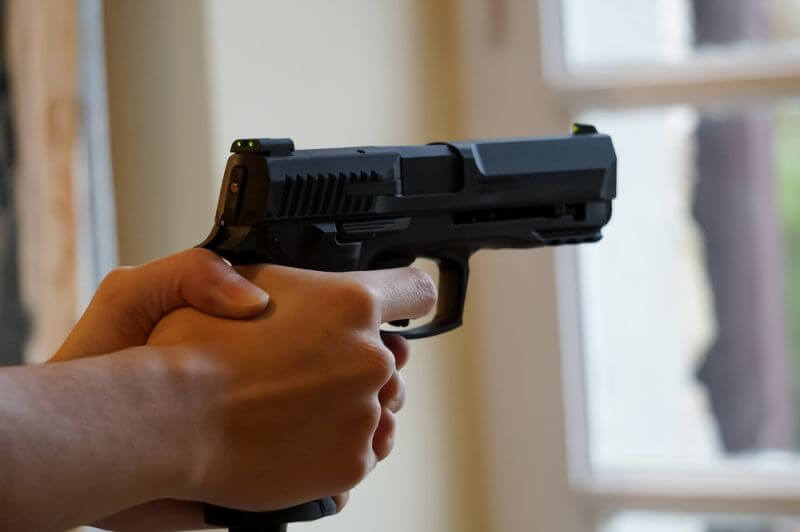
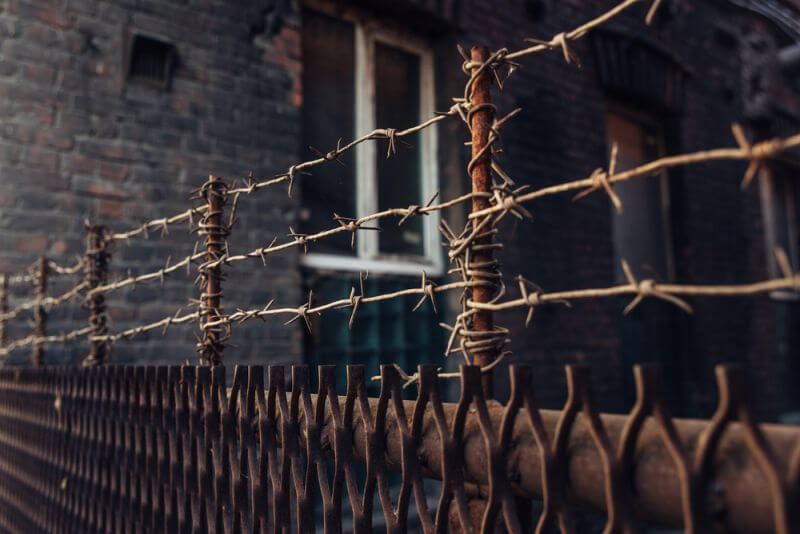
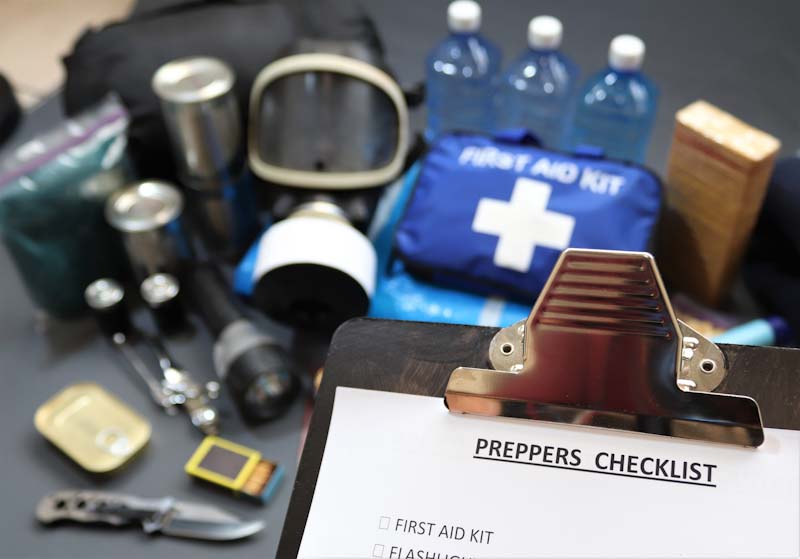
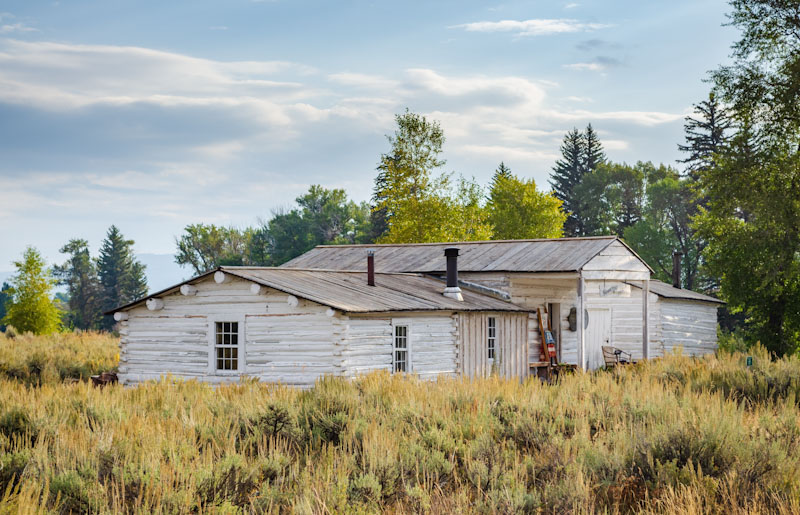


Fabian O. | September 17, 2020
|
Living completely (or almost) off the grid is a lifelong endeavor. Most people I know living like this are poor farmers families. It’s a hard, labor-intensive lifestyle, something ver far from what’s depicted in movies and ads. The few who have a decent living are rich who happen to actually depend a lot on the grid for power, food, medicine and fun/entertainment. Not very wild-west, self-reliable colony lifestyle. The list of skills needed to live off the grid with some comfort and safety is enormous: radio communications, farming, hunting and butchering, woodworking, mechanics, medical… not the superficial “that will do just fine” skill, I mean real, deep, Amish like skillset. That takes an entire life to master, if you are all by yourself (family). For someone used to live and deal with people and society, I guess it’s better and more realistic to move to a small town and get going, adapt to the new rules of dealing with people and move along. It’s closer to the production of goods (food mostly) and that makes a difference in a SHTF.
Ray | September 17, 2020
|
As I think about a retreat or bug-out location, naturally a smaller community seems ideal. However, it seems those already living there would probably be very clannish and skeptical of outsiders. Either you have to move there ASAP to gain acceptance into the community, so you aren’t just showing up when chaos erupts; or at the very least visit the site frequently to establish your presence. Basically part of the ‘prep’ is to foster some familiarity with people, maybe let people see your knowledge, skills and demeanor over time. This is especially true if you aren’t the type to make friends easily. One last thought: even in a place with some level of isolation, there are bound to be some people who are local to the wider area near that site; anyone new is going to be noticeable sooner or later.
Romeo Charlie | September 18, 2020
|
You are correct. I live on 12 acres that is 25 miles from a small mountain town and outsiders can be spotted a mile away. We are leery of anyone that is not from the area and if the SHTF outsiders will not be welcome nor tolerated. The “run to the hills” prepper mentality will end in disaster for the vast majority that attempt it.
Why would anyone think that someone that has lived in a rural remote area for years would suddenly need the help of some suburban, YouTube taught “survivalist” and have them move onto their land. When the SHTF you are going to pretty much be stuck with what you have and where you have it.
Out West Texas | September 20, 2020
|
You are absolutely right, Romeo Charlie! I live in a small agricultural community of 2,000 people. After living here for 8 years, I am still viewed as an outside by some. People here will not welcome city people when the collapse comes.
Saghen | September 23, 2020
|
That is probably the most accurate answer that I have read. I don’t want city people around me. They made their decisions and we made ours.
poorman | September 24, 2020
|
I completely agree with what all of the others have said. I live in a small mountain community ( about 4000 people ) outsiders are NOT going to be welcome. Our fish , game , water and other resources are OURS period. City people or “flatlanders ” as we call them made a choice to live in the city either for work or convenience or for whatever reason you pick. live with that choice
Len | December 29, 2020
|
Its the same thing in the city. You can stay put but local relatives and others are already keeping an eye on you. Some are bold enough to ask if the SHTF can I come and stay with you? The obvious answer is what do YOU bring to the party in terms of useful skills? Of course, women are the big vulnerability because they’ll get all emotional if you can’t possibly take in aunt Edna and her 3 adult kids in their 40’s who think Uncle Sam is their sugar daddy. The problem gets pretty complex when you consider the leadership issues, allocation of deadly force to incompetents the mental illness that plagues liberals.
Rob | September 17, 2020
|
Am living in a remote northern British Columbia Canada log home, Be prepared for a LOT of work. Not for the faint hearted or weak kneed. Surviving is a full time job. Not much different than living on a working farm.
Bob | September 17, 2020
|
Good article, Your right Fabian, I grew up on farms and know how much work was required. I now own 5 acres near a town that I was going to turn into a self sufficient “paradise” but after research and thinking realistically and growing older I now run a friends horse. As you get older you are better off in a small community that has medical facilities, even basic ones. I now prep and hope that I will never see the SHTF.
Diane Bristol | September 18, 2020
|
We haven’t been prepping for long. We live here in a wooded area. We have 11 acres of wooded land. We own up to a creek.
I have loved all the info I get from Survivalpedea. I always look forward to the email I receive.
TAL | November 1, 2020
|
You’re going to see a lot of the big city whiners coming up and thinking they can depend on Hospitable Small Town Folks. I’m sure they’ll be using the “Guilt Trip” to its fullest extent, including the exploitation of their own children! And when that fails they will bring forth their guns to force you to give them welfare!
Be Prepared for this Folks, IT WILL HAPPEN, I guarantee it!
Just remember the only rule in War is, “Kill, or Be Killed”! There will be No Other Choices when SHTF! No matter how much your Honor will test your resolve, there is nothing dishonorable about defending you and your family, even if it costs lives!
Cr | August 5, 2021
|
I would be careful about where you go in the woods. Wildfires are no joke and can quickly destroy all your hard work and effort. I live in a small farming community surrounded by farms that will act as a fire break.